Underwood Ammunition 32 ACP 55 Grain Lehigh Xtreme Defender 500 rounds
$430.00
| Cartridge |
32 ACP
|
|---|---|
| Grain Weight |
55 Grains
|
| Quantity |
500 Round
|
| Muzzle Velocity |
950 Feet Per Second
|
| Muzzle Energy |
110 Foot Pounds
|
| Bullet Style |
Fluted
|
| Bullet Brand And Model |
Lehigh Xtreme Defense
|
| Lead Free |
Yes
|
| Case Type |
Nickel Plated
|
| Primer |
Boxer
|
| Corrosive |
No
|
| Reloadable |
Yes
|
While taking advantage of state of the art testing equipment, this high performance ammunition by underwood is field tested using popular, real firearms that customers are most likely to own out in the real world with all the elements you would experience. If for some reason Underwood Ammunition fails to meet performance expectations, Underwood stands by their product 100% and will make sure the customer is satisfied with every purchase. This ammunition is new production, non-corrosive, in boxer primed, reloadable brass cases.
The Underwood nickel plating process provides several key benefits including; improved feeding in all actions of firearms, enhanced corrosion resistance over traditional brass, improved cosmetics, and ease of cleanup during reloading. Nickel plated casings will not tarnish like brass during storage or when in contact with foreign materials such as leather, moisture, and other metals. Until the development of the Ducta-Bright 7a process, nickel plating casings often limited the number of reloads as compared to raw brass. It was claimed that nickel plated brass casings embrittled the brass therefor making it less desirable for reloaders despite the ease of cleanup that nickel plating offers. In addition, ammunition engineers raising concerns of using nickel plating in very hot +P or magnum loads found that traditional nickel plating often cracked deep-drawn cases, or worse, lead to a total failure. This new process eliminates any concern, to the shooter or reloader, of hazard or ability to re-use the brass.
The Lehigh Xtreme Cavitator bullet utilizes unique geometry to take advantage of the super cavitation effect. This unique geometry combines a square nose, concave sides, and a wide base to create a pressure spike (a long air cavity behind the projectile) as it passes through a media, eliminating drag and ultimately translating to deeper penetration with a well defined wound channel. Not satisfied with traditional projectiles, Lehigh combined the Defender and Penetrator technologies to use the nose of the projectile to redirect hydraulic energy radially, creating a larger permanent wound cavity than any expanding projectile. The marriage of a concave surface to a square nose makes this unrivaled when it comes to barrier penetration by dividing the strength of the barrier evenly across the projectile, instead of having one concentrated focal point. The end result is a conservation of energy from a square nose to breech entry barriers, to a concave surface directing hydraulic energy outward, creating an enormous wound cavity and blanketing the projectile with a boundary of air, reducing drag and allowing for better penetration than traditional options.
Features
- Progressive nose geometry for deep, straight penetration
- CNC machined from solid copper to overcome barriers to penetration
- Well defined wound channel

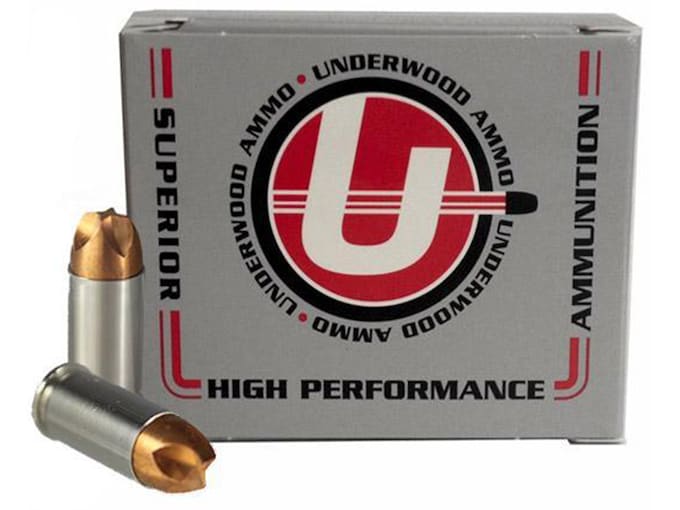
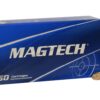
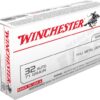
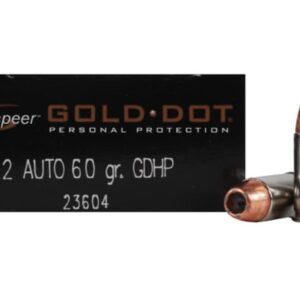
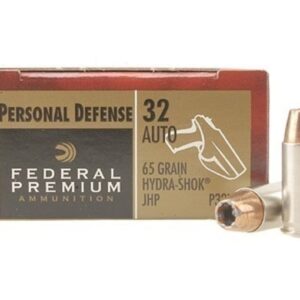

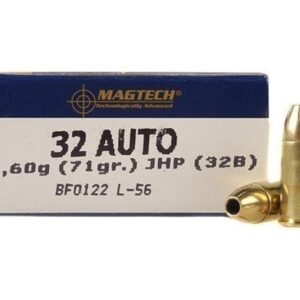
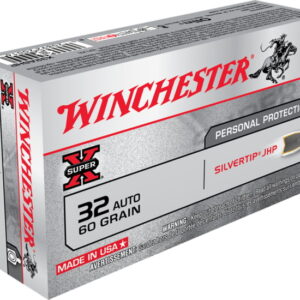
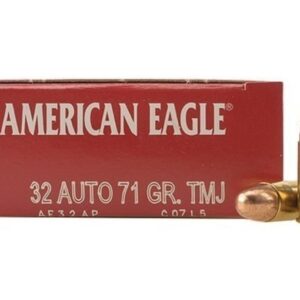
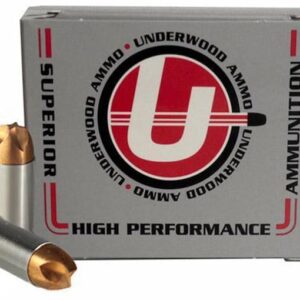
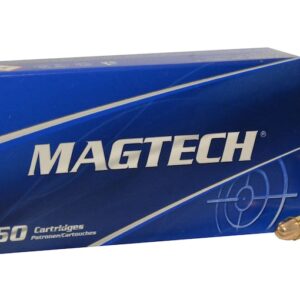
Reviews
There are no reviews yet.